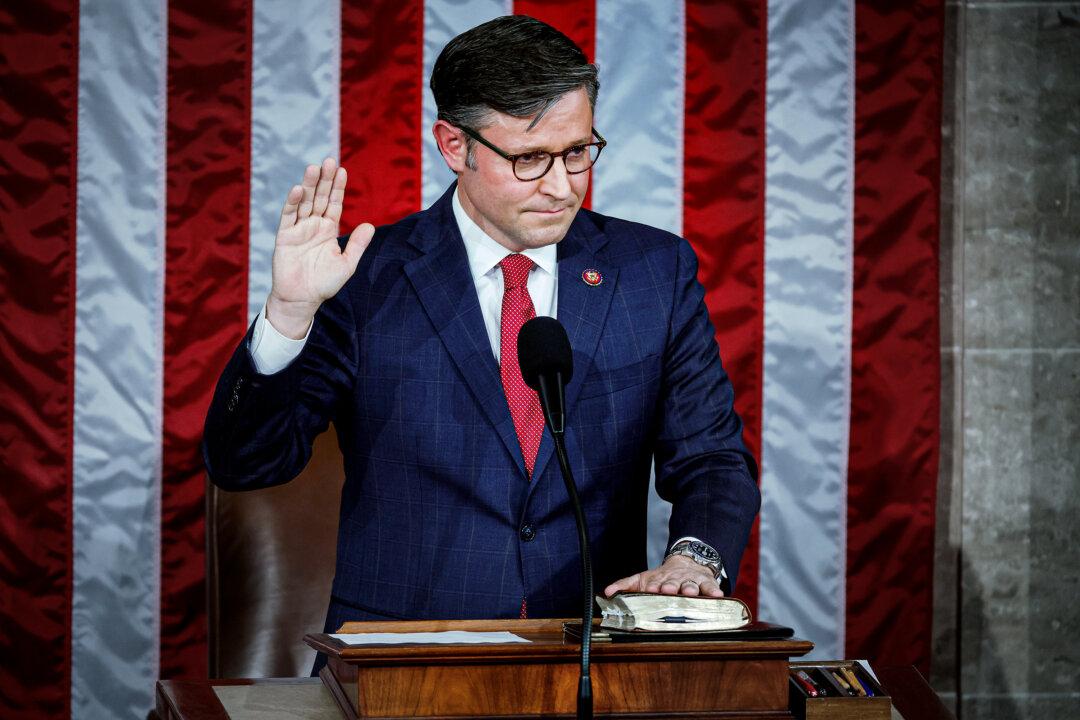A proposed set of rules governing House operations for the 119th Congress includes a notable change that would strengthen the speaker’s position against future ousting attempts.
The chamber’s current rules allow just one member of either party to force a vote to vacate the speaker. The new package, released on Jan. 1, would up that threshold by requiring the resolution to be brought by at least nine members of the majority party.





